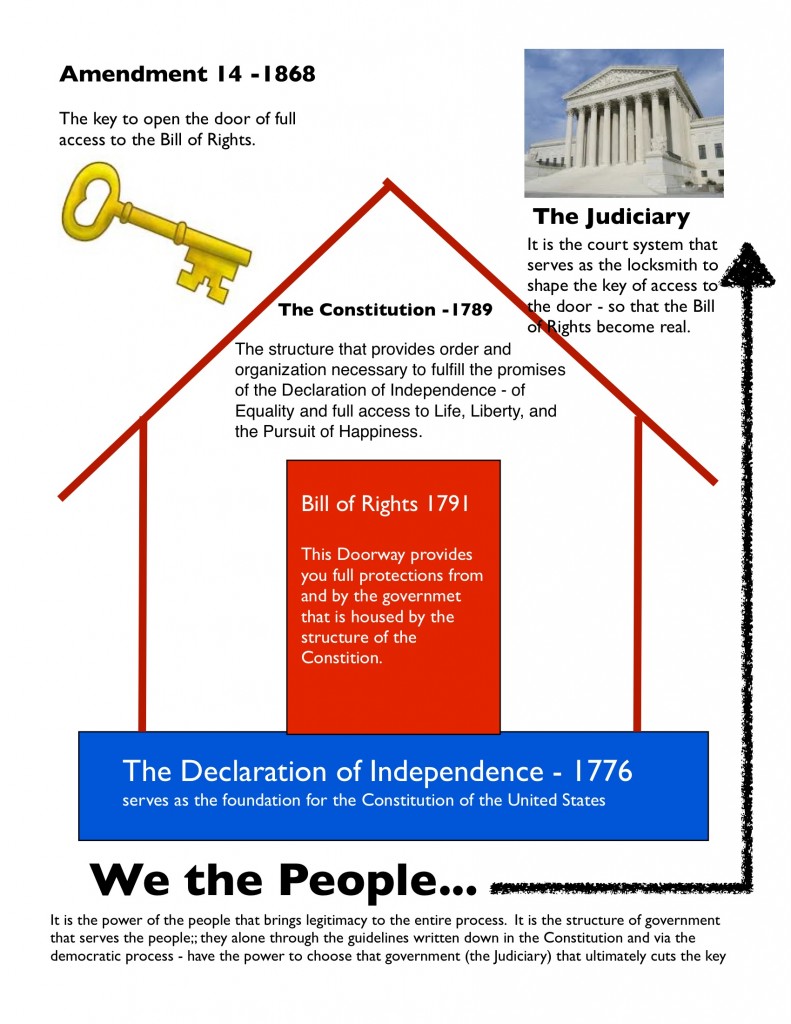The United States Government is theoretically as accessible as an institution of government can be. The U.S. Constitution protects your god given rights of Life, Liberty, and the Property, by defending your route of governmental challenge in the Bill of Rights. The United States is a democracy, which means that you may vote for any public official who you feel best articulates and safeguards your interest. A federal geographical separation of state and national government, in addition to a host of local institutions, provides all sorts of access points to influence the public officials who represent you.
In theory, we should be all over our government. We should push so hard that it has no alternative but to adhere to our cumulative interests. The structure of the systems begs our engagement. However, if it is to work we have to be involved. We must be Awake! And we need to understand the construction of the institutions, and the individuals who temporarily fill those offices. If you understand what purpose your state and federal institution serve, then you know where to go to complain about potholes, challenge a woeful lack of funding for higher education, or protest US military involvement in Afghanistan.
So, lets get the various responsibilities straight.
We will do this two ways…we will look at Articles One, Two, and Three of the United States Constitution. These three articles layout the guidelines for 1 – a legislative branch, 2-an executive branch, 3 – a judicial branch. We don’t need to know everything about the branches. However if you’d like to – here’s a great breakdown. Also realize that state government constitutions, for the most part, piggyback the national version.
Secondly, let’s take a look at the particular office holders at the state and national level. Know the difference of who is accountable for what activities and institutions. Know their names. Know their position. Know how to launch first contact. And then don’t be afraid to make your thoughts known to the proper individual. You start with a thorough knowledge of the office holders and offices documented in this chart. Fill it out, and memorize it. Know where to go for what.
Finally, see below for a simplified representation of our Federal government. It will help you to understand the concept of institutional political power.
Remember theoretically, in a democracy all power lies with the electorate. Public officials are in office to serve. Know what you are talking about. Know who you are talking to. Be persistent. And state your case…often.


















































































































